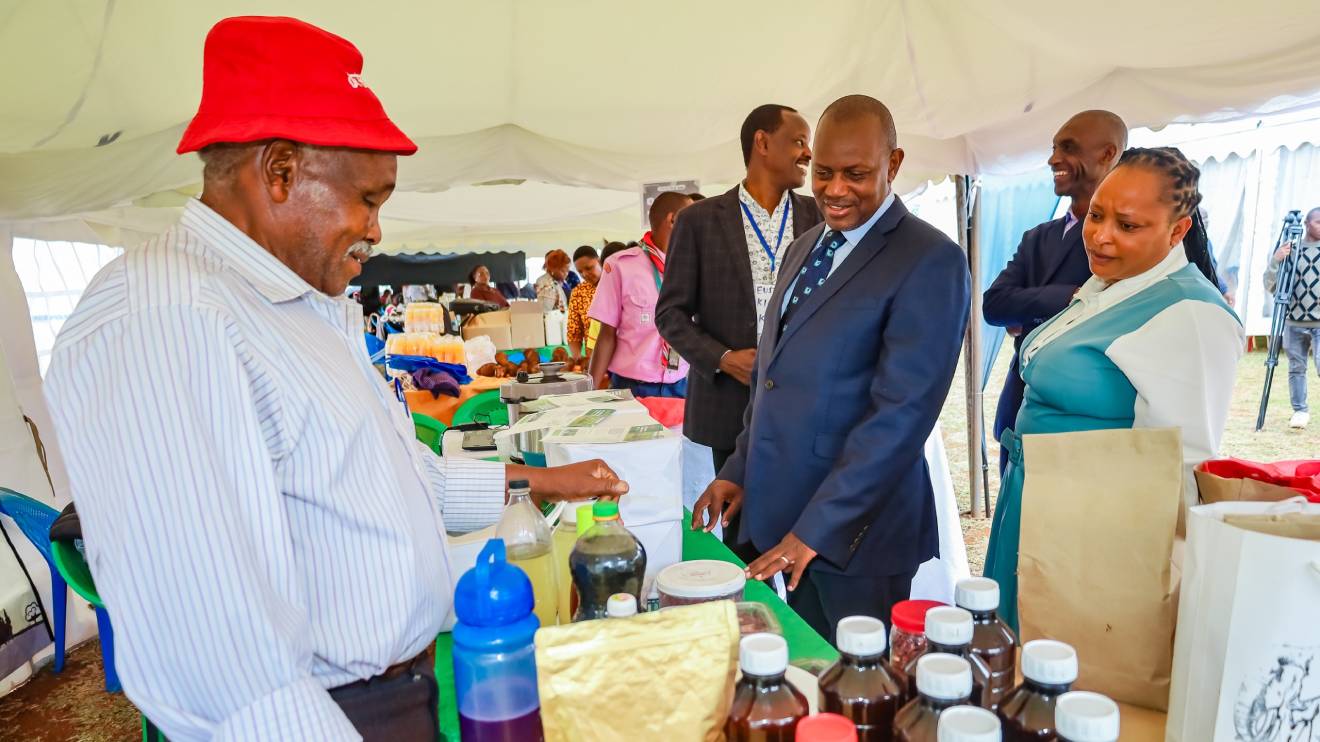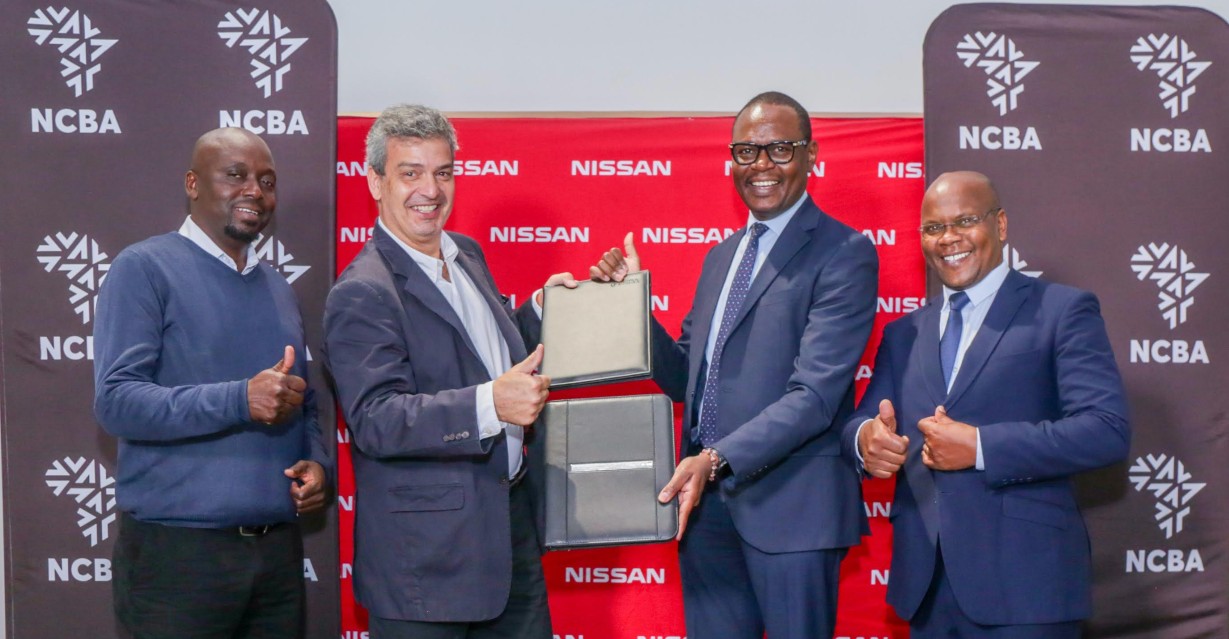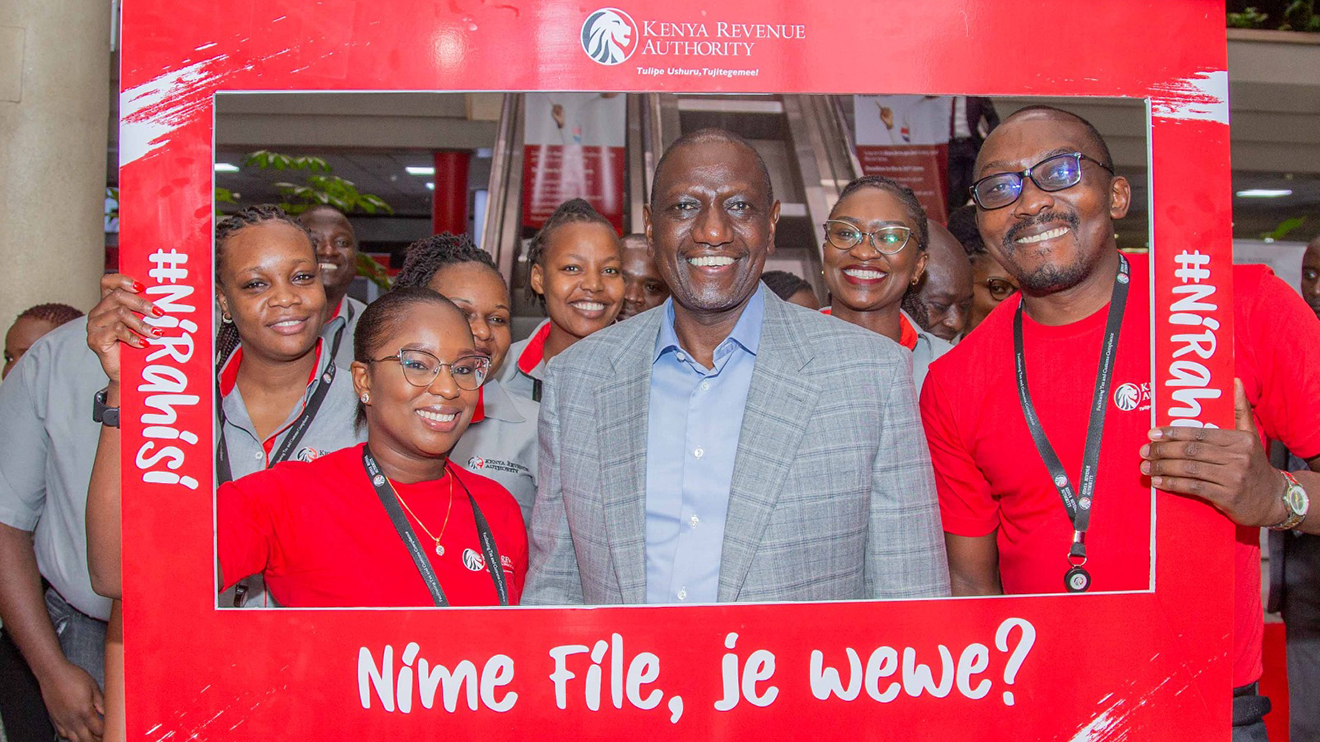A recent nationwide survey by Intel Research Solutions Limited (IRS) reveals that a staggering 72 per cent of Kenyans think the country is moving in the wrong direction.
This sentiment highlights widespread dissatisfaction with the current governance and administration, casting a shadow over recent political developments and policy decisions.
The survey, which gathered responses from 1,000 individuals across Kenya, indicates that the public is deeply troubled by issues such as over-taxation, corruption, rising living costs, and unemployment.
Only 9 per cent of respondents view the country’s trajectory positively, while 13 per cent are uncertain, and 6 per cent declined to provide an opinion.
Karen Mwangi, CEO of IRS, commented, “This suggests a critical need for governmental and policy reforms to address the concerns of the people.”
Read More
In addition to general discontent, the poll reveals dissatisfaction with both the reappointment and new appointments of cabinet secretaries.
A significant 55 per cent of respondents are unhappy with the reappointments, with 14 per cent expressing strong discontent and 41 per cent showing moderate dissatisfaction.
Only 26 per cent are satisfied, and 19 per cent are indifferent.
Mwangi observed, “This could reflect a lack of strong opinions or insufficient information about the reappointed cabinet secretaries.”
Similarly, new cabinet appointments have failed to win public favour, with 53 per cent of respondents expressing dissatisfaction.
The remaining 47 per cent are divided between those satisfied and those neutral, underscoring a broader disapproval and indifference towards these officials.
“These insights suggest that the newly appointed cabinet secretaries are not viewed favourably by the majority, pointing to potential issues in the government's communication strategy or the performance of the new officials,” Mwangi noted.
The survey also assessed public opinion on the ODM party’s cabinet nominees. A majority of 59 per cent are sceptical about their potential performance compared to their predecessors.
Only 41 per cent are hopeful that the new nominees will deliver better results.
When evaluating the capacity of opposition leaders like Martha Karua and Kalonzo Musyoka to lead effectively without ODM, responses were mixed.
A slight majority of 53 per cent believe they can lead a strong opposition, while 47 per cent remain doubtful.
This division highlights the need for these leaders to demonstrate their capabilities.
Mwangi remarked, “Overall, the insights indicate a mixed but slightly positive perception of the ability of Martha Karua, Kalonzo Musyoka, and their colleagues to lead a strong opposition. The balance of opinion highlights both support and scepticism, pointing to the need for these leaders to actively work on proving their effectiveness in their new roles.”
The survey also highlighted strong support for the Gen Z movement, with 91 per cent backing its efforts to hold the government accountable.
However, there is a notable disconnect between this support and the president’s response to the movement's concerns.
Mwangi concluded, “This could reflect a gap between the movement’s expectations and the administration’s responses or policies.”
The IRS survey underscores a pressing need for reforms and improved governmental communication to address the growing discontent among Kenyans.
The public's mixed reactions to recent political changes and appointments reveal a nation seeking more effective and responsive governance.







-1751376032.jpg)
-1751369458.jpg)


